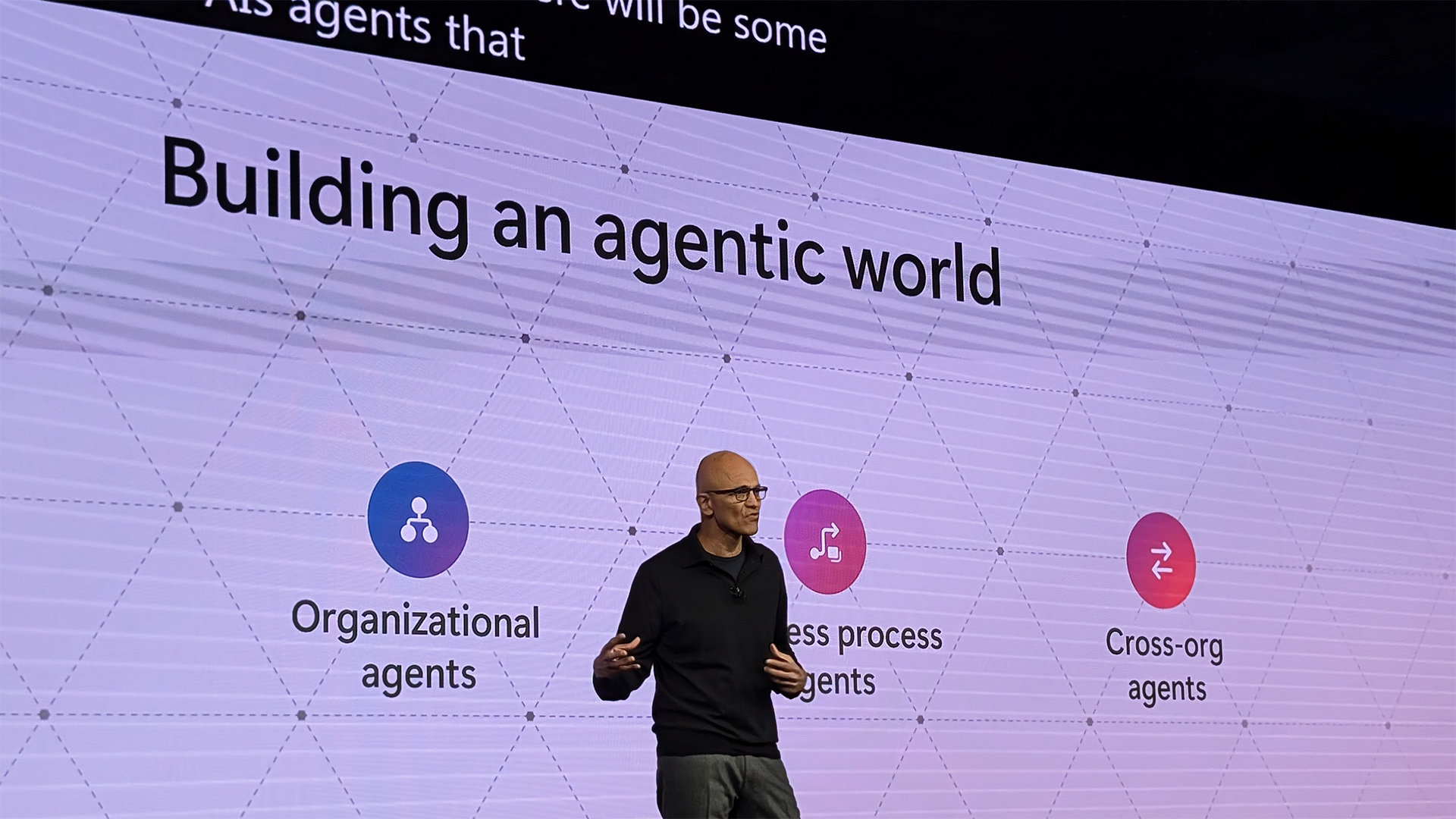Google keeping face recognition under wraps over privacy criticisms
After the Buzz debacle and other privacy worries, Google says it is now taking a much more thorough approach to testing new products before releasing them.

Sign up today and you will receive a free copy of our Future Focus 2025 report - the leading guidance on AI, cybersecurity and other IT challenges as per 700+ senior executives
You are now subscribed
Your newsletter sign-up was successful
Google's chief executive Eric Schmidt said the company is holding back on its face recognition technology in response to widespread criticism of its approach to privacy when launching new products.
Face recognition would enable users to take a photo of someone and then search for them on the internet, and is already present in limited form in Picasa, Google's photo-sharing service.
But while Picasa only uses the technology to suggest potential matches for a particular face within your own images, privacy campaigners are concerned that a wider implementation could be used as a tool to track strangers, increasing the risk of fraud and stalking.
As a result, Google has decided to hold off launching the technology until it has been tested more thoroughly, with Schmidt saying this showed Google had heard its critics and reviewed its approach to launching new products accordingly.
"Facial recognition is a good example," Schmidt told The Financial Times. "Anything we did in that area would be highly, highly planned, discussed and reviewed."
Google was roundly criticised for exposing users' personal details when it launched its Gmail-based Buzz social network in February. In its original form, Buzz built your list of friends automatically, based on the people you most frequently emailed, with this list being made public unless you changed your profile's settings.
The criticisms didn't stop there, and Google was forced to update Buzz twice in just one week, with the company eventually admitting it hadn't put the software through enough testing before making it publicly available.
Sign up today and you will receive a free copy of our Future Focus 2025 report - the leading guidance on AI, cybersecurity and other IT challenges as per 700+ senior executives
"When you go through these things, you review your management procedures," Schmidt said yesterday.
Google's cause won't have been helped by news emerging this week that the cars it uses to take photos for its Street View mapping service had also been accidentally collecting private information held on unprotected Wi-Fi networks across Europe.
Despite these criticisms, Schmidt says Google would maintain its drive to develop new technologies. "It is important that we continue to innovate," he said.
-
 Microsoft CEO Satya Nadella talks up sovereign cloud credentials as firm announces general availability for Azure Local Disconnected, new capabilities for Foundry Local
Microsoft CEO Satya Nadella talks up sovereign cloud credentials as firm announces general availability for Azure Local Disconnected, new capabilities for Foundry LocalNews As Microsoft hands more control to customers, Satya Nadella touts the tech giant’s growing sovereign ecosystem
-
 How to use cyber-deception in your security strategy
How to use cyber-deception in your security strategyIn-depth Cyber deception allows firms to play adversaries at their own game – but how is it achieved?